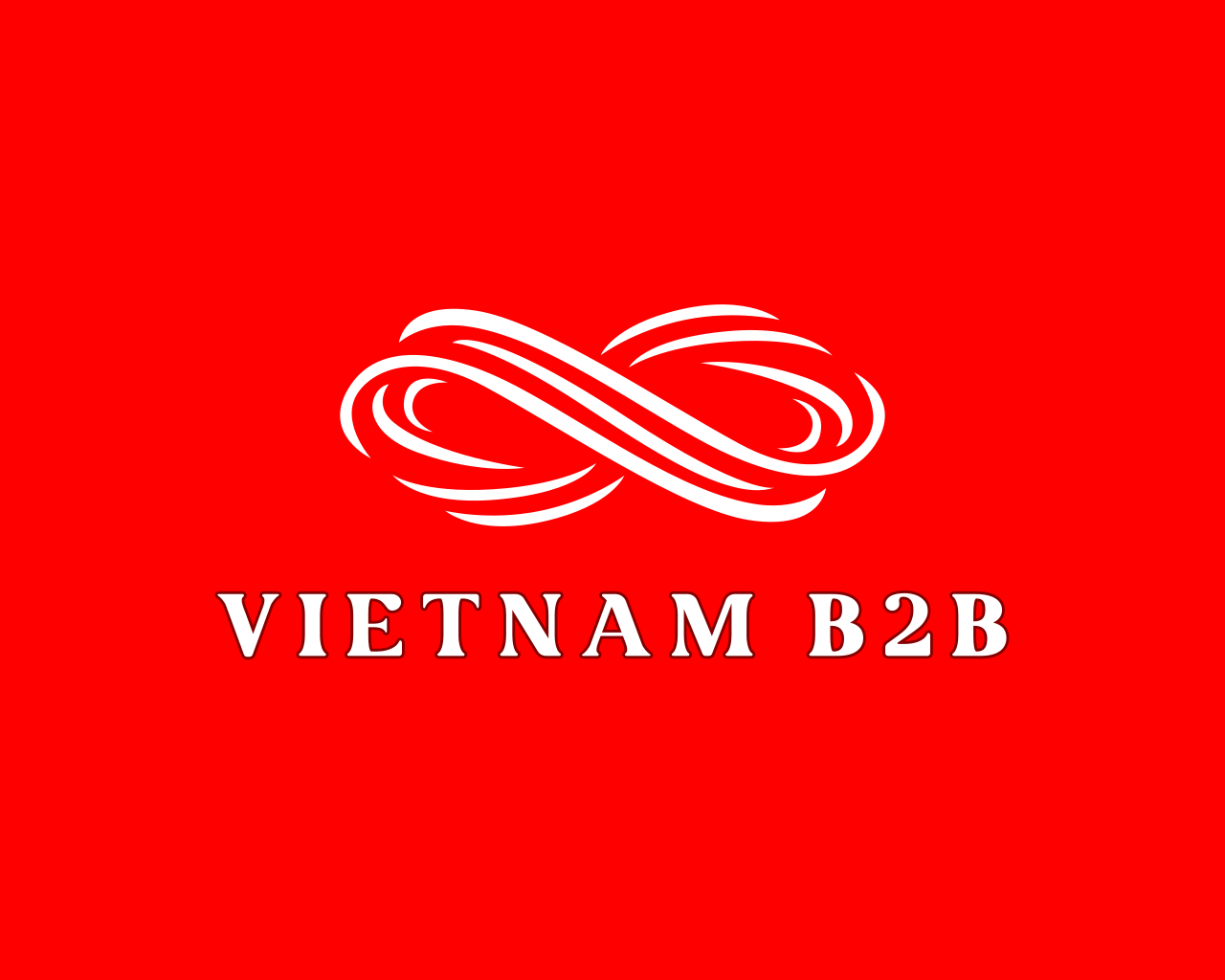Last week, officials from Ho Chi Minh City engaged with numerous American companies to encourage investment in the city’s high-tech and eco-friendly sectors. This initiative was part of their visit to the United States, where they joined State President Vo Van Thuong for the Asia-Pacific Economic Cooperation (APEC) Leaders’ Week 2023 in San Francisco, California. President Thuong has since returned to Hanoi after a productive four-day visit to the U.S., which included attending APEC events and other bilateral engagements at the invitation of President Joe Biden.
During a meeting with U.S. investors last Thursday, Ho Chi Minh City chairman Phan Van Mai emphasized the city’s commitment to sustainable growth, with a focus on digital advancements, environmental sustainability, high-tech industries, and semiconductor development. This information was provided by the city’s Investment and Trade Promotion Center.
Chairman Mai highlighted the city’s appeal for foreign investment in projects related to clean energy and eco-friendly transportation, as well as the development of Can Gio District into a green urban area. He also expressed the city’s ambition to tap into green financing options to accelerate its sustainable development goals.
David Lewis, the chairman and CEO of Energy Capital Vietnam, has expressed a commitment to invest in innovation and green energy in Ho Chi Minh City. Additionally, Patrick Sweeney, the vice-chairman of the Business Executives for National Security (BENS), conveyed the interest of many BENS members in establishing business operations in the city. Their interests span across various sectors including technology, aerospace, defense, finance, healthcare, energy, design, and chip manufacturing.
In line with the National Assembly’s Resolution 98, which provides special mechanisms and policies for Ho Chi Minh City’s development, projects in integrated-circuit manufacturing, design technology, chip production, and clean energy that have an investment capital of VND30 trillion (approximately US$1.2 billion) or more are eligible for a range of incentives and preferential policies.
